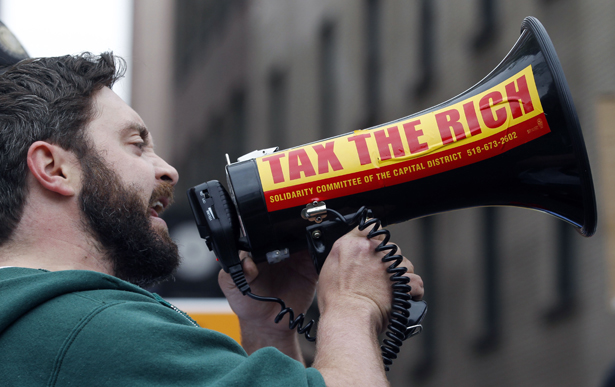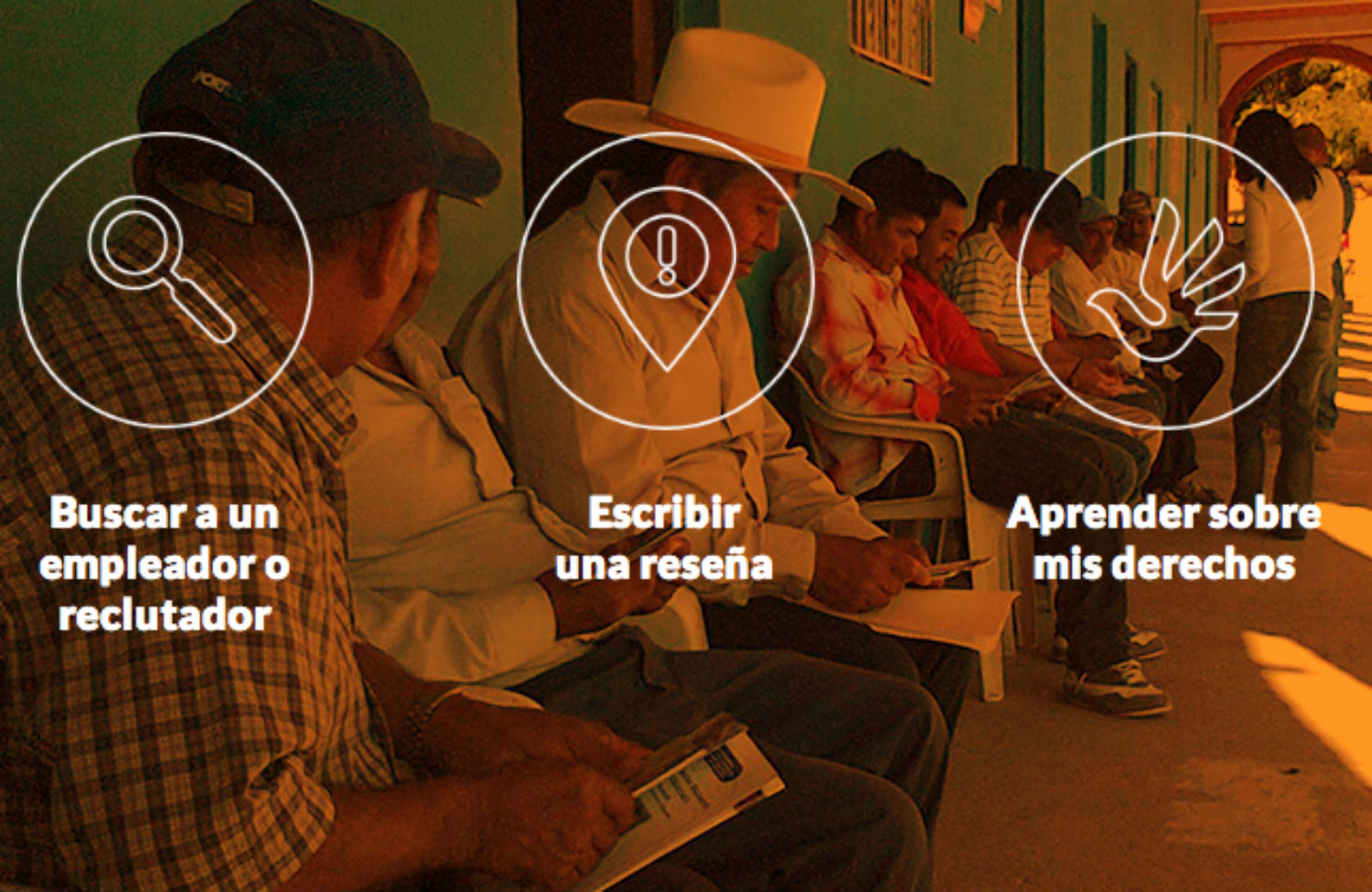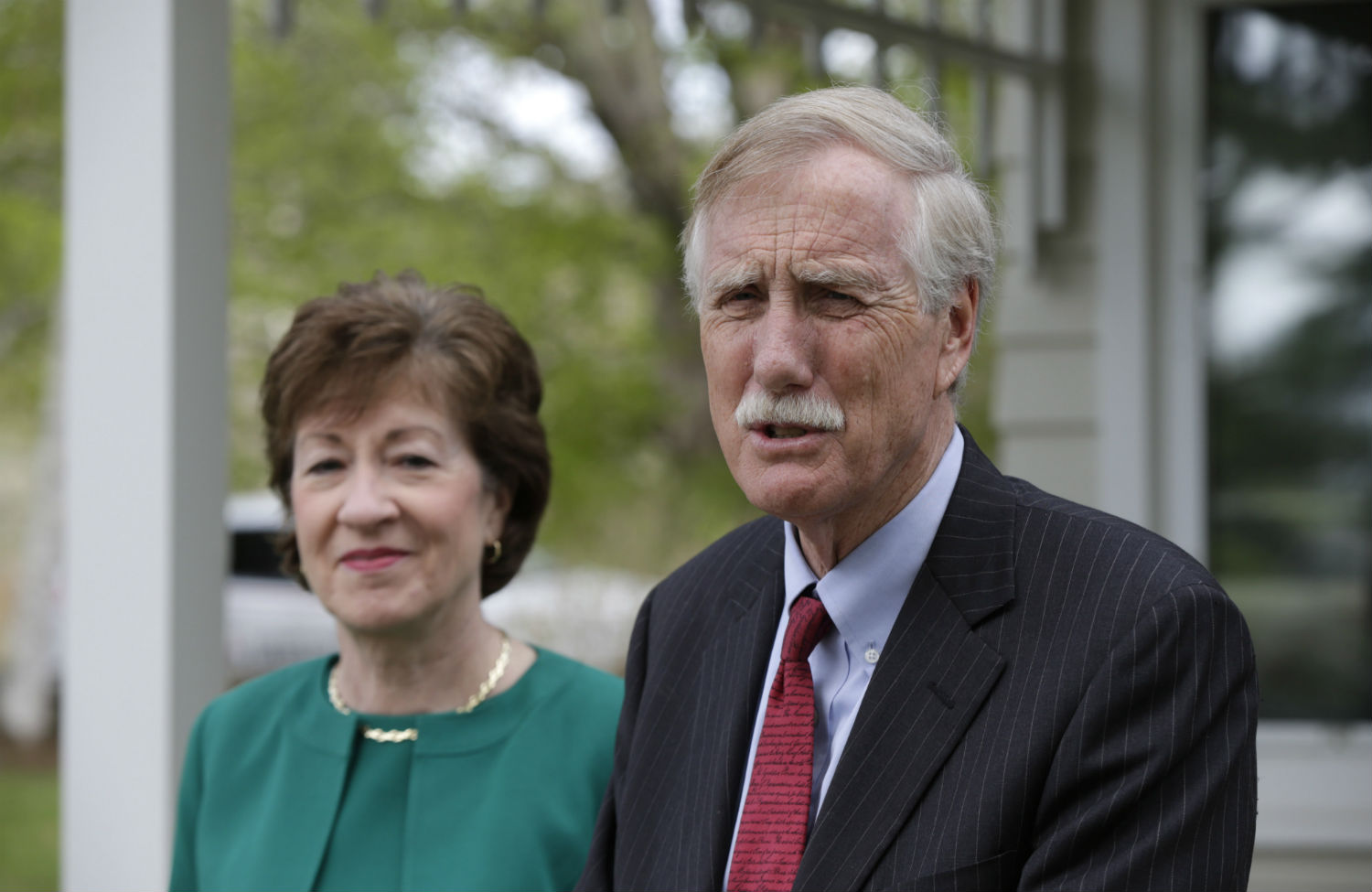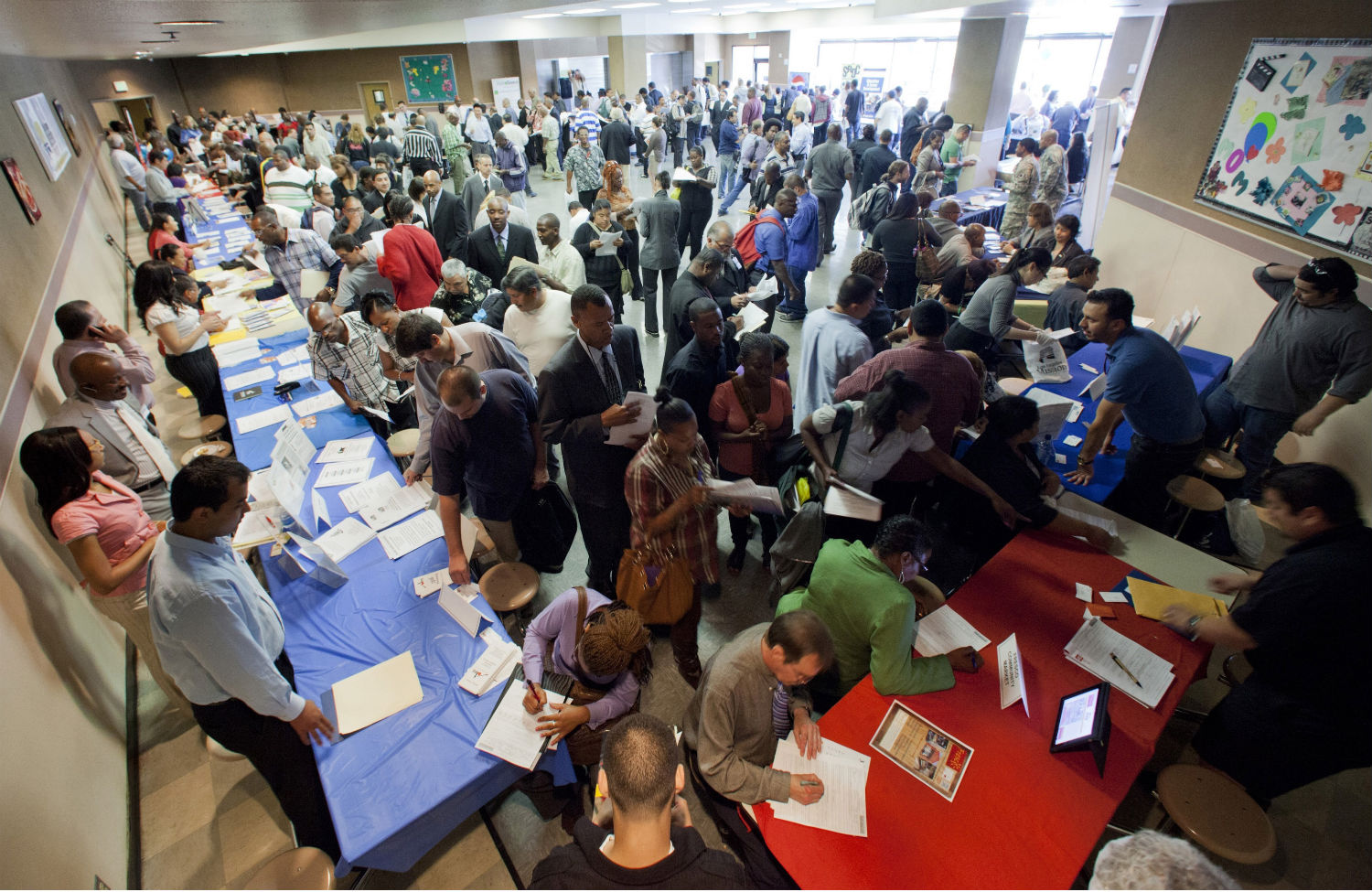
The Latest Debate Over Taxing the Rich Misses One Crucial Fact The Latest Debate Over Taxing the Rich Misses One Crucial Fact
Progressives have forgotten that taxes do more than just raise money.
Oct 29, 2014 / Editorial / Mike Konczal and Bryce Covert

Americans Are Working So Hard, It’s Actually Killing People Americans Are Working So Hard, It’s Actually Killing People
The jobless recovery means massive speedups for many workers you depend on.
Oct 28, 2014 / Feature / Esther Kaplan

Can a ‘Yelp’ for Immigrant Guestworkers Help Them Avoid Abusive Bosses? Can a ‘Yelp’ for Immigrant Guestworkers Help Them Avoid Abusive Bosses?
In the fight against labor exploitation, a new tool allows workers to be their own watchdogs.
Oct 27, 2014 / Blog / Michelle Chen

76 Years Ago: Fairy Tales of the Economic Family, Recovering From Munich, a Letter From an Arab Communist 76 Years Ago: Fairy Tales of the Economic Family, Recovering From Munich, a Letter From an Arab Communist
Snippets from The Nation of October 29, 1938.
Oct 27, 2014 / Back Issues / Back Issues and Richard Kreitner

How a Divided Senate Could Threaten Social Security How a Divided Senate Could Threaten Social Security
The prospect of a “grand bargain” could rear its ugly head if the 2014 midterms empower Maine’s Angus King.
Oct 27, 2014 / Blog / John Nichols

Why the Left Continues to Win in Latin America Why the Left Continues to Win in Latin America
Red flags are flying in Uruguay and Brazil.
Oct 27, 2014 / Blog / Greg Grandin

Do You Realize How Dangerous It Is to Drive a Taxi? Do You Realize How Dangerous It Is to Drive a Taxi?
Taxi and livery drivers suffer homicide rates twenty to thirty times higher than other occupations.
Oct 24, 2014 / Blog / Michelle Chen

The Anti-Socialist Origins of Big Data The Anti-Socialist Origins of Big Data
The genesis for the data-driven society of today can be traced to socialist Chile in the 1970s.
Oct 23, 2014 / Blog / Greg Grandin

Can Consumer Campaigns Actually Improve Tech-Sector Labor Practices? Can Consumer Campaigns Actually Improve Tech-Sector Labor Practices?
The Electronics Watch coalition has a plan: harness consumer power to hold tech giants accountable.
Oct 22, 2014 / Blog / Michelle Chen

A Real Sharing Economy A Real Sharing Economy
One of the overlooked problems driving our country’s jobs crisis isn’t unemployment—it’s just not having enough work. The shadow figure that lurks behind the unemployment rate is underemployment: people who want—and need—full-time work but are only able to find part-time hours, or who have gotten “discouraged” from job-seeking. Including those people, the broad measure of underemployment hovers around 12 percent. These days, people struggle full-time to juggle multiple part-time jobs, even as they suffer from the loss of healthcare and other social protections. They are overworked and underemployed. But it’s not that the underemployed simply want to work more; they also want to earn more. One way to square the lack of work with the need for income is work-sharing, which allows companies to distribute hours so that people work less, while ensuring that there’s still enough work to go around to prevent layoffs. For example, as explained in a new study by the National Employment Law Project, if a factory wants to cut its workforce by the equivalent of five employees, “Under work-sharing, the employer could instead reduce the hours of 25 employees by 20 percent, and those workers would receive a pro-rated [unemployment insurance] payment for their one day per week of unemployment, while maintaining any existing health and retirement benefits.” Cutting back hours typically harms workers, but what makes work-share less painful is that the government subsidizes the balance. About half of the fifty states have implemented some form of work-sharing, but now state lawmakers are approaching a year-end federal deadline to apply for funds. A bill to renew the legislation, the Layoff Prevention Act, is pending. Please support our journalism. Get a digital subscription for just $9.50! The central premise of work-sharing is that the state has a responsibility to support the restructuring of labor to protect workers. This is not a new idea: work-sharing is more widespread in European countries, particularly Belgium, Germany and Italy—and California introduced a statewide work-sharing program in the late 1970s. In the wake of the Great Recession, Washington passed legislation allowing states to use federally approved work-share programs to cope with epidemic levels of long-term joblessness. Politicians try to spin the economic crisis by talking about the need for “shared sacrifice”—code for coddling big business at the expense of workers. Now that Washington is offering a small way to redistribute workers’ time without sacrificing all their income, states have a chance to really put their money where their mouth is. Read Next: Peter Van Buren on the new minimum-wage economy
Oct 22, 2014 / Editorial / Michelle Chen
